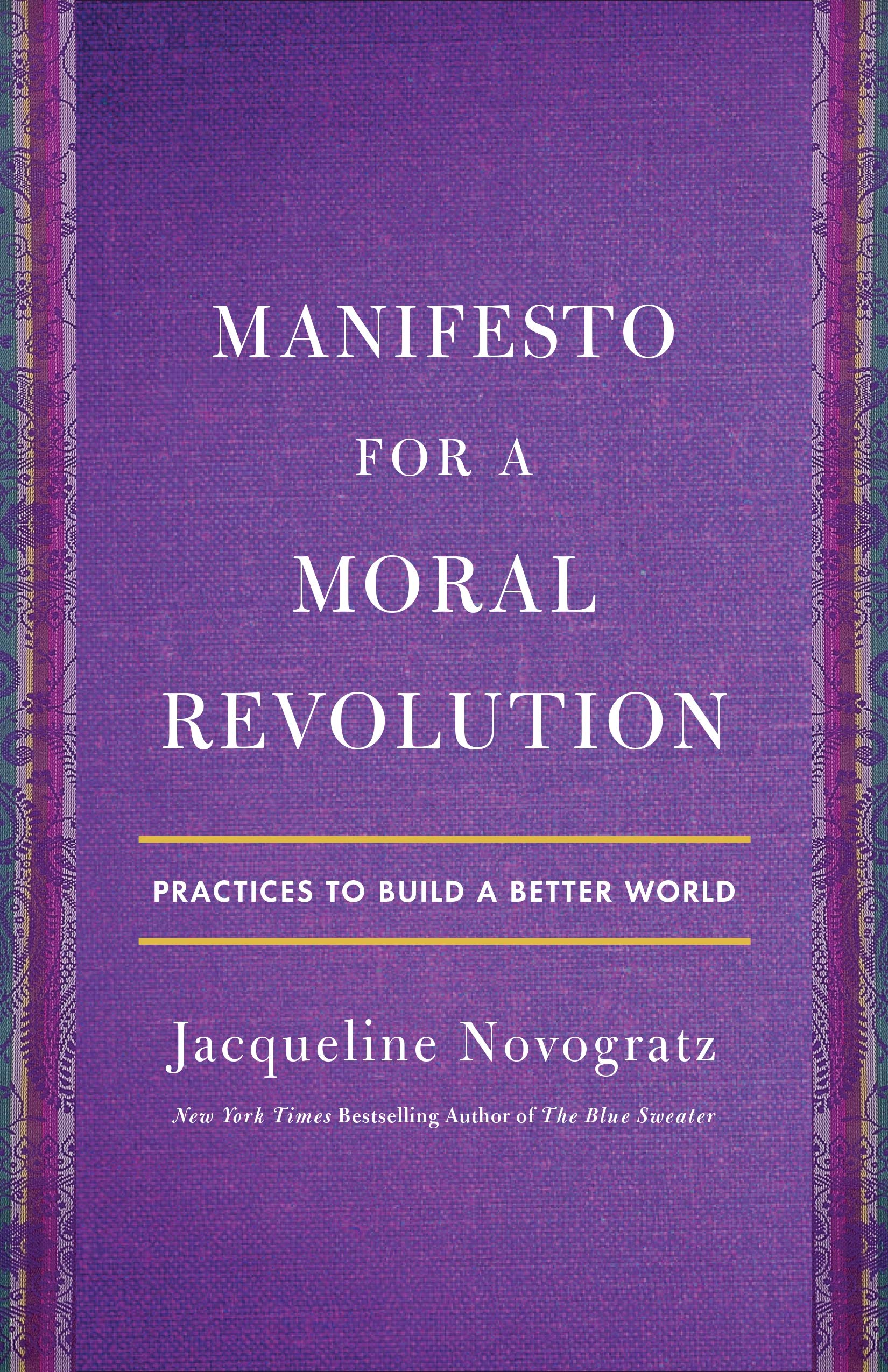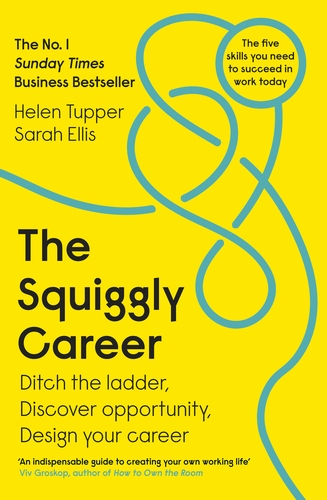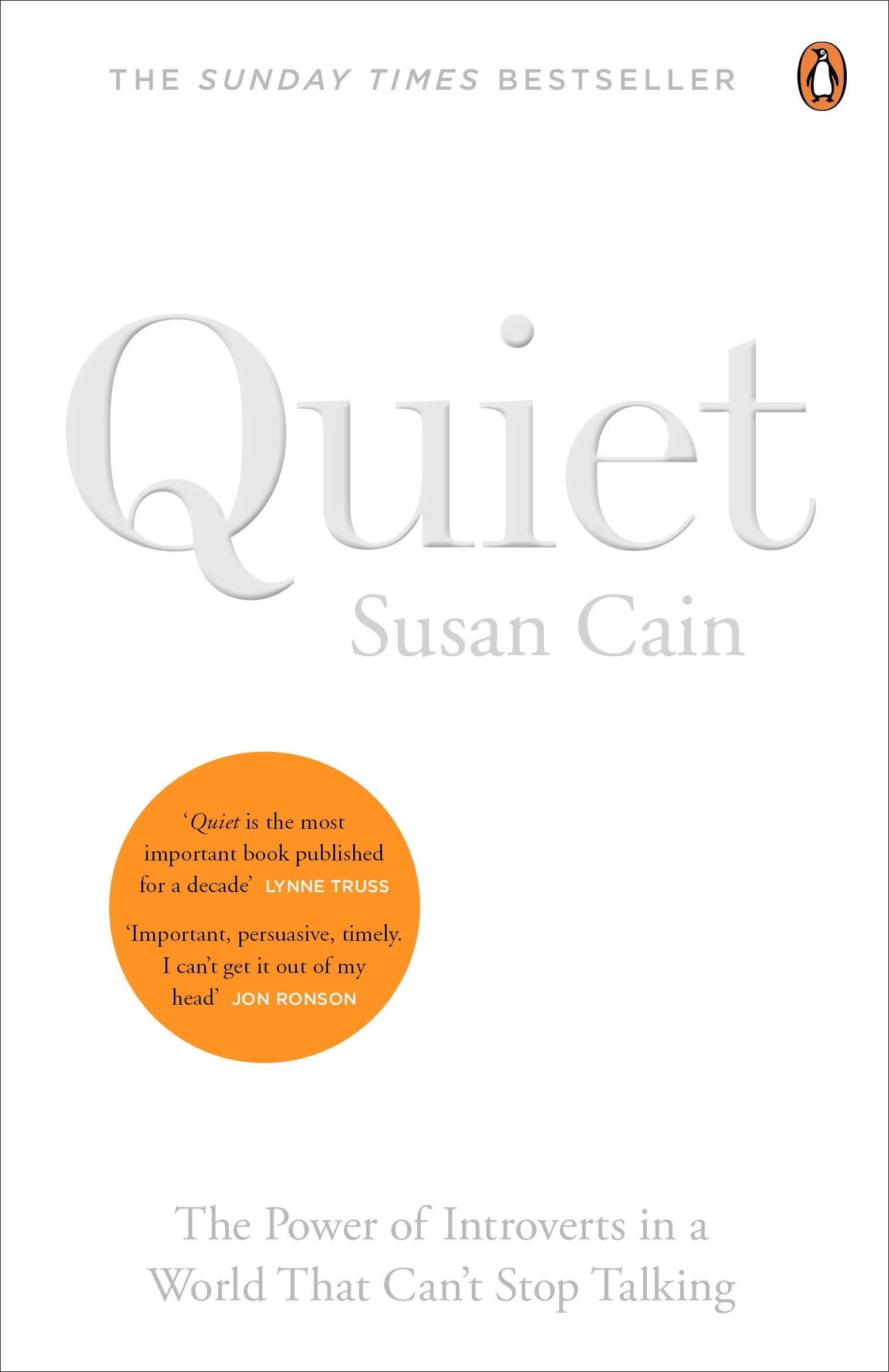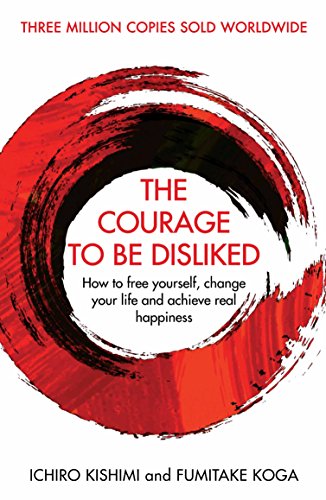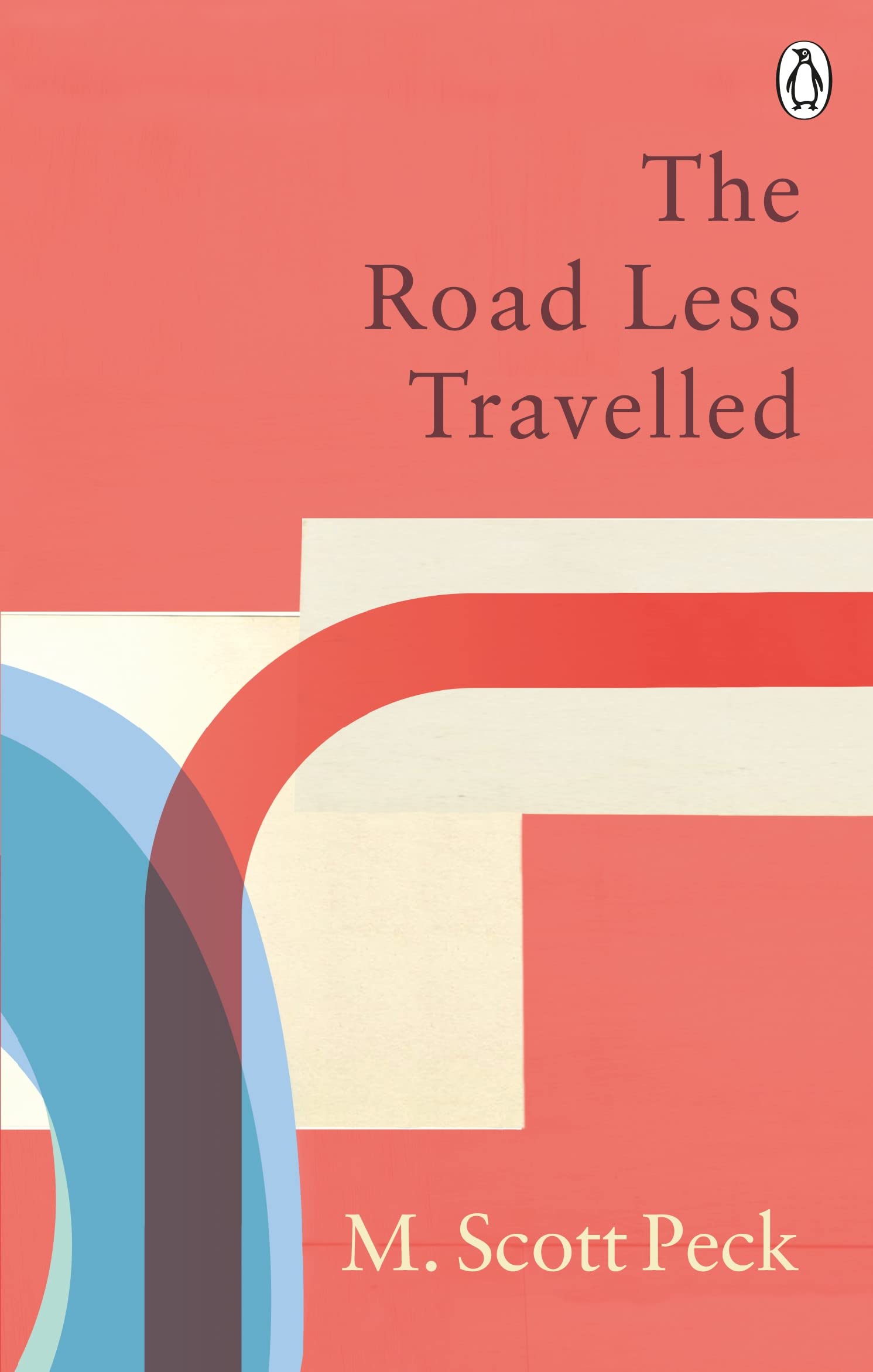How to step towards a better world with a rigorous, profitable organisation
Manifesto for a moral revolution by Jacqueline Novogratz outlines how we can make our work meaningful and benefit the most vulnerable individuals in the world. She illustrates how her organisation (Acumen), and the values it embodies, has delivered positive change whilst remaining profitable and achieving growth.
One key message is to work locally and listen. In order to make a difference, you need to truly hear what people in poverty are saying and trust them. Novogratz has demonstrated through microfinancing (among other methods) that investment in individuals others would not consider has delivered improvements to quality of life as well as revenue.
Key points:
- Many people feel the urge to do something ‘big’ and ‘good’ though they don’t know the end goal (and certainly how to get there). But simply beginning with something and taking action will snowball into new ideas and further work.
- We can go beyond empathy by showing ‘moral imagination’, which is to consider the problems of others as if they were our problems
- This encourages action, whereas empathy alone does not necessarily do this
- True listening isn’t a one-time event, particularly when working with communities who have not been heard before.
- You will need to keep coming back to listen for how you can improve your product or service
- Doing the right thing takes courage, which is hardest for the first courageous acts
- Think of courage like a ‘muscle’ that grows stronger with each action
- Challenge, and opportunity, is found in moving from an ‘either-or’ to ‘both-and’ way of viewing opportunities
- Particularly in a move away from being either for- or non-profit and towards combination of profit with meaningful actions
- However, in doing so you may make people on both sides of the fence feel uncomfortable: this may be a good sign you’re onto something of worth
- To do novel, fulfilling work, you will need to break away from the status quo
- Do not underestimate the inertia to continuing what everyone else is doing
- Even when you do, don’t be outspoken about how you’ve achieved the moral high ground
- Novogratz describes a similar notion to Jim Collins’: humility to recognise the barriers in your way but audacity to believe you can prevail no matter what
- Be extremely careful about deciding who to work with
- Do their values align with yours?
- Can they clearly articulate why they want to work with you?
- Make sure to do your homework before accepting or disregarding offers
- Support individuals/communities/organisations through ‘accompaniment’: to live and work alongside one another
- It implies a much more horizontal relationship of support
- Choose to share stories that demonstrate positive values, the ones you want to embody
- Life is hard and doing meaningful things is particularly hard, so you must find beauty in the struggle to keep yourselves going
- Organisational (or individual) statements of values/principles are only of value when they are embodied in action and upheld with integrity (where all thoughts/actions are consistent with those values)
The stories shared in this book are deeply inspiring. It encourages me to envisage a better world than the one we live in. It motivates me to be part of something bigger than I am. It reaffirms my desire to make my highest contribution in the most meaningful way possible.
More books like this:
- Doughnut economics by Kate Raworth
- Poor economics by Abhijit Banerjee & Esther Duflo
Useful links:
